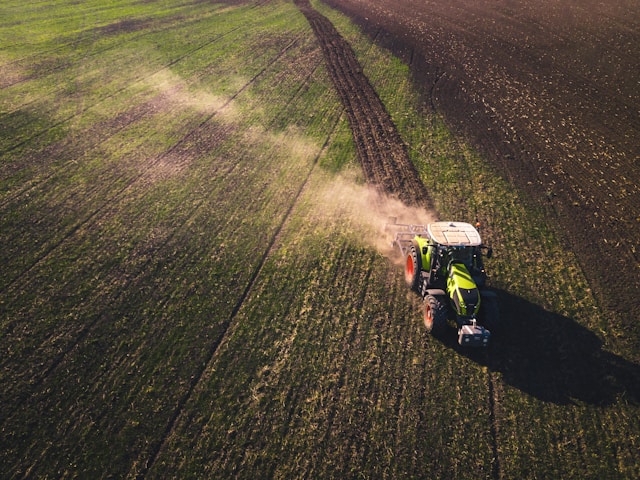In a world marked by technological advancements, agriculture is undergoing a serious transformation through the integration of Internet of Things (IoT) and automation. Smart farming, powered by these innovations, is revolutionizing traditional agricultural practices, which is enhancing productivity, sustainability and efficiency. In this article, we’ll explore the role of IoT and automation in modern agriculture and highlight the contributions of agricultural experts to product development and agricultural innovation.
Understanding Smart Farming
Smart farming leverages IoT devices, sensors and automation technologies to collect real-time data, monitor crop and soil conditions, and optimize farm operations. By incorporating data analytics, artificial intelligence and robotics, smart farming enables farmers to make data-driven decisions, improve resource management, and maximize yields while minimizing inputs and environmental impact.
IoT and Sensor Technology
Central to smart farming is the use of IoT devices and sensor technology to collect and transmit data from the farm to the cloud-based platforms. These sensors can monitor several things such as soil moisture, temperature, humidity and crop health, which provides farmers with valuable insights into crop growth and environmental conditions. By analyzing this data in real-time, agriculture experts can optimize irrigation, fertilization and pest control practices, which leads to more efficient resource use and higher yields.
Automation and Robotics
Automation and robotics play a crucial role in streamlining farm operations and reducing labor costs. Automated systems for planting, harvesting and crop monitoring enable farmers to perform tasks more efficiently and accurately, which saves time and labor while improving overall productivity. Autonomous vehicles and drones equipped with sensors and cameras can survey fields, identify crop health issues and apply treatments with precision, which reduces the need for manual intervention and minimizes chemical usage.
The Role of Agricultural Experts
Agricultural experts play a pivotal role in the development and implementation of smart farming technologies. Through research, testing and collaboration with farmers, agricultural experts identify key challenges and opportunities in modern agriculture and develop innovative solutions to address them. Through their expertise in agronomy, engineering and data science, agricultural experts contribute to the design and refinement of IoT devices, automation systems and digital platforms tailored to the needs of farmers and agricultural operations.
Product Development and Agricultural Innovation
Product development in smart farming is driven by a collaborative effort between agricultural experts, technology companies and farmers. By co-designing and testing new technologies in real-world farm settings, stakeholders can ensure that these solutions are practical, effective, and economically viable. From precision agriculture software and smart irrigation systems to robotic harvesters and autonomous drones, the range of products and services available to farmers continues to expand, which is driving agricultural innovation and sustainability.
Future Directions and Opportunities
As smart farming technologies continue to evolve, so too do opportunities for innovation and growth in agriculture. From vertical farming and indoor agriculture to blockchain-based supply chain management and predictive analytics, there is a wealth of opportunities to further enhance the efficiency, sustainability and resilience of agricultural systems. By embracing smart farming technologies and leveraging the expertise of agricultural experts, farmers can navigate the challenges of modern agriculture and unlock new opportunities for success in the digital age.
Smart farming is transforming agriculture by harnessing the power of IoT and automation to optimize farm operations, improve resource management, and enhance productivity and sustainability. Agricultural experts play a critical role in driving product development and agricultural innovation, and collaborate with farmers and technology companies to develop and implement smart farming solutions tailored to the needs of modern agriculture. As smart farming technologies continue to advance, they hold the promise of revolutionizing agriculture and shaping a more sustainable and resilient food system for future generations.




Comments are closed.